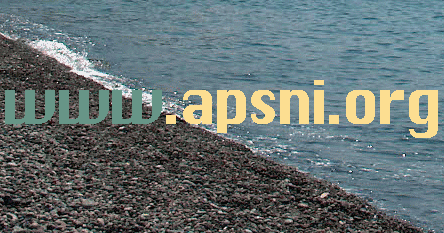
|
Website in Four Languages: for Georgian and Abkhazian Users
 Nona Suvariani, Tbilisi Nona Suvariani, Tbilisi
8 May. '08 ...back
|